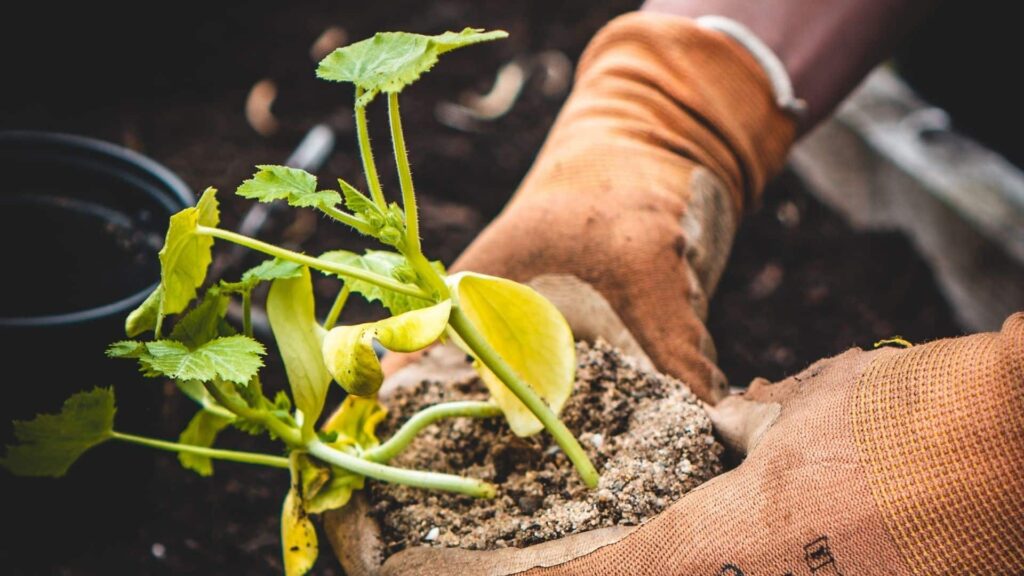When it became clear that the coronavirus pandemic was a major event, most countries responded, sooner or later, with a nationwide lockdown. Although the severity of these lockdowns, at their height, varied and, for many, that meant staying permanently in our homes, not going to work, and with our usual social lives radically curtailed.
We all had to feel our way through this unprecedented situation in our own ways. While some of us fell back on tried and tested coping strategies, others took up new activities for the duration or took the time to reflect on how well our pre-pandemic lifestyle was serving us. In many cases, the changes we made during lockdown have become permanent parts of our post-pandemic lives.

Handling stress
Lockdowns (for many) meant a lot more free time, but also a lot more stress and anxiety. Our usual work and leisure patterns were disrupted, and usual activity outlets were closed off, while the world had become a scary and threatening place. Taking up new hobbies and fun pastimes was a natural and healthy response.
Our home computers and phones became our main point of contact with the world, and as well as being a source of news and a way of staying in touch, they provided our main means of entertainment. Online gaming experienced a huge boom, with many locked-down adults searching for the best casino bonus to escape their worries for a while.
A healthy lifestyle
The pandemic helped to break our obsession with productivity, as many realized that a hectic, always-on-the-go lifestyle wasn’t necessarily good for their mental or physical health. Taking up meditation, yoga and mindfulness became popular during the lockdown. A healthier work-life balance is something that we all hope to take forward as the pandemic recedes, along with activities to help us de-stress during a lunch break.

Avoiding pressure
The pressure wasn’t entirely off during a lockdown, however. We were still encouraged to use our new free time productively, and it was possible to feel like a failure if you hadn’t completely redecorated your house, become a master cook, or written a best-selling novel during the enforced time out.
Similarly, the switch to working from home could sometimes feel more like living at work. The lack of a clear demarcation between job time and leisure time meant that it was harder to let yourself switch off and relax. Gentle, non-productive hobbies and activities, like jigsaws, adult coloring books, and model-building, became necessary escapes from the constant pressure towards self-improvement.
ADVERTISEMENT
It’s your life

Science suggests that the brain functions best when we regularly engage in creative pursuits. These don’t have to lead to tangible results but can be an end in themselves. Being creative for the sake of it is a form of play and something that, as adults, we need to give ourselves permission to relearn.
Paradoxically, the restrictions imposed by the pandemic taught us a lot about personal freedom. We don’t have to constantly justify what we do with our time. New hobbies, fun activities and frivolous pastimes can be just as worthwhile as work, exercise, and self-improvement. It’s all a question of balance and finding the combination that works best for you.









